The magnifying glass of the media frequently focuses on women and mounts pressure on the ideal of perfection; perfect body, perfect mother, perfect career and family. However, an emerging idea in the background is the ‘perfect man’, creating pressure that leads to stress, anxiety, depression and eating disorders.
Men’s Health Awareness Week focuses on ‘stress’ in 2016, and it’s the kind of pressure inherent in this ‘perfect man’ ideal that helps fuel stress in men, adding unnecessary social strain to the everyday stresses we all face. The expectations on the ‘modern man’ include:
- Being a good father – the emphasis on being a family man, from taking the kids to football or dance, to cooking dinner and putting them to bed.
- Having a successful career – being a successful man is often intrinsically linked to how successful a career he carves and is also linked with materialism, e.g. car, clothes, home, etc.
- Being a provider – the outdated ‘traditional’ family (despite an evolution in the family model) depicts the stay-at-home mum and the dad as provider, and this remains a pressure for men.
- Looking good – the growth of the markets for male-grooming products and the emphasis in the media on male body image are evidence of a greater need for men to adhere to an arbitrary standard of beauty.
- Conforming to masculine stereotypes – the rise of ‘lad culture’, the beer swilling, football-mad ‘lad’ continues to set stereotypical standards for men and is also the cause of peer pressure.
This combination of things can throw a person’s view of life off-kilter and have a negative effect on mental health.
Masculinity, body image and mental health
The key point is the idea of masculinity and the perception of what a man should be. When a person fails to fit the criteria they are considered ‘unmanly’ and admonished for it.
The idea of what a man should be has evolved over time. It now entails a greater emphasis on image than ever before. For example, ‘gym culture’ is thriving and a significant portion of males in the media, from advertising to acting to TV, are often seen with trim and muscular physiques, placing unrealistic expectations on those who don’t have the time to train. It is very much a mirror image of the unrealistic body image expectations that have historically been placed upon women; the expectation to be super skinny, often influenced by models and advertising. It has been documented that eating disorders are gradually affecting more and more men, reflecting this increased pressure on male body image.
The majority of recent studies indicate that men’s and women’s ideas of the ‘perfect body’ generally differ from the supposed ideal portrayed in the media. This is indicative of a broad lack of communication.
A Priory study found that 40% of men wouldn’t talk about their mental health until they had thoughts of suicide or self-harm. Yet research across the board states the earlier a mental health condition is treated, the better the chances of recovery, so it is a self-ruinous trait to refuse to talk about it and it is therefore a stereotype that needs to be challenged. This is precisely what Men’s Health Awareness Week is all about. Highlighting these problems; encouraging discussion; and working toward solutions.
By taking this opportunity to raise awareness and promote discussion it’s possible to start breaking down gender stereotypes, both male and female, in order to create a happier, less judgemental environment. Removing or easing the causes of stress is good for mental health, so let’s start the conversation.
